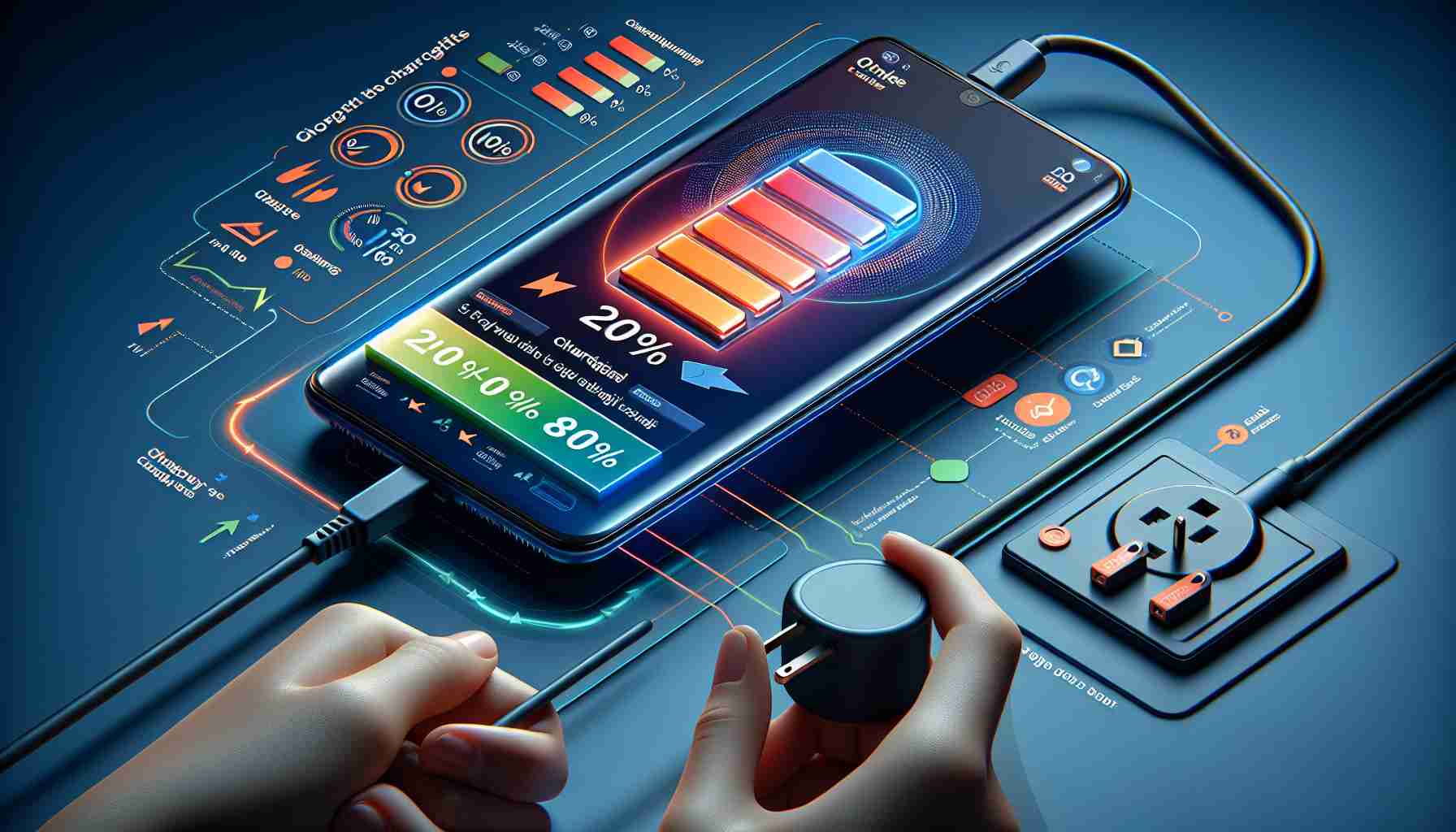Overnight Charging May Shorten Your Smartphone’s Battery Life
The habit of leaving smartphones plugged in for an overnight charge is a common practice. However, prolonged charging cycles can be detrimental to your device. Reports have found that there are several reasons why one should avoid leaving their phone on the charger all night.
Firstly, once the battery is fully charged, the electricity continues to flow, maintaining the charge at a maximum level for an extended period. This can lead to battery overheating, reduced capacity, and a shorter life cycle. Moreover, the smartphone itself can overheat, potentially damaging critical components such as the processor and display.
In addition to the risk of damaging the battery and phone components, there is an increased risk of fire with prolonged charging, especially when using non-standard chargers or damaged cables.
For those who have no alternative to overnight charging, it is recommended to use specific applications designed to stop the charging process once the battery reaches a certain percentage. By heeding these suggestions, you can safeguard your smartphone from premature breakdowns and extend its service life.
What Is the Optimal Way to Charge Your Smartphone?
Charging a smartphone in a way that maximizes battery lifespan is a topic of much discussion. To avoid leaving a phone charging overnight, it is often recommended to keep the battery level between 20% and 80%. This is because lithium-ion batteries, which are commonly used in smartphones, have a finite number of charge cycles and wear down over time. High voltage levels can stress the battery, and heat generated during charging can accelerate battery degradation.
What Challenges Are Associated With Charging Smartphones for Device Longevity?
One challenge is practicing disciplined charging habits to prolong battery life. Many smartphone users may forget to unplug their devices or may need to charge them overnight out of necessity. Finding the right balance between convenience and battery health can be difficult, especially for those who rely on having a full charge to start their day.
Another challenge is the fact that smartphones are designed to deliver optimum performance, not necessarily the longest battery lifespan. Manufacturers may prioritize fast charging capabilities over slower, more battery-preserving techniques.
What Are the Controversies in Smartphone Charging?
Controversies often stem from the myriad of charging advices that circulate online, some of which may be outdated or not applicable to the latest technology. For instance, the belief that one must drain a smartphone battery completely before recharging is a holdover from the nickel-cadmium battery days and is not appropriate for lithium-ion batteries.
What Are the Advantages and Disadvantages of Current Smartphone Charging Practices?
Advantages:
– Convenience and ease: Many users appreciate being able to charge their device whenever and wherever.
Disadvantages:
– Potential Battery Damage: Incorrect charging habits can deteriorate the battery faster.
– Environmental Impact: Batteries that wear out more quickly may lead to increased electronic waste if users choose to replace their smartphones rather than just the battery.
To find out more about how to maintain your smartphone and its battery, you may visit the manufacturer’s website or look for battery specialists. Here are a few links to major smartphone manufacturers:
– Apple
– Samsung
– Google
Please remember that the URLs given above should be double-checked to ensure their validity and relevance to the topic at hand.
